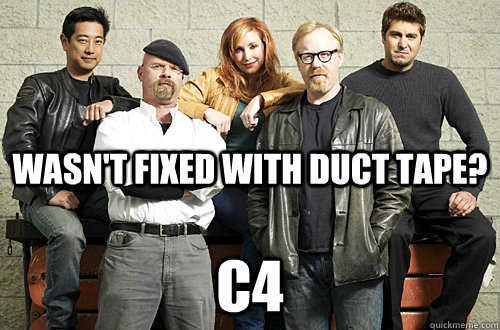Adr_0
Gear Bod
- Joined
- 4/4/13
- Messages
- 1,776
- Reaction score
- 684
Shouldn't we see more 'energy' when it's running though, i.e. more crunching, vibration, when it's up to speed? Hence my pretty poor query about whether it's more of a rasping.Bearing failure analysis, let me just grab my mansplaining hat, jodhpurs and cane...
Causes of bearings going out like this could be for many reasons, but for a low cost Chinese item like this I'd wager they probably use cheap bearings that will have a higher failure rate than better ones. Which is pretty damn obvious I suppose. It's likely a bearing defect at manufacture that has developed to the point it won't spin properly. Contamination or improper machining are the most likely causes, as a small piece of plastic or similar falling into the bearing during assembly (these are hand assembled) causing some sort of plastic deformation of the elements or races will lead to gradual decline and eventual failure. Could be a machining issue on the cage, accidentally forgetting to grease it during manufacture, excessive preload on assembly, mishandling, and various other boring reasons. At the end of the day almost all manufacturers have an expected product failure rate and I would say this is no different. If it's the bearing.
That said this is the first issue I've heard with a Kaixin/KK pump, they've been remarkably reliable for their price and performance.
I'm also surprised that something behind the magnetic sleeve - which is directly coupled to the shaft - has such an impact on it. Bear with me here... but if the secondary winding and capacitor are A-OK, it should have enough starting torque to overcome this. Issues seem to come up when the impeller has something in it - and there's no direct coupling of the impeller to the shaft/sleeve, it's through magnetic inductance/grabbiness, so it's more likely to catch and not be able to start.
But he's reported crunchiness/raspiness when the sleeve is rotated, so yes there is likely something behind the magnetic sleeve. Hence the suggestion of cockroaches... but since the magnetic sleeve is directly coupled to the shaft, I thought there'd be enough torque to overcome this. *shrugs* I guess not?



















